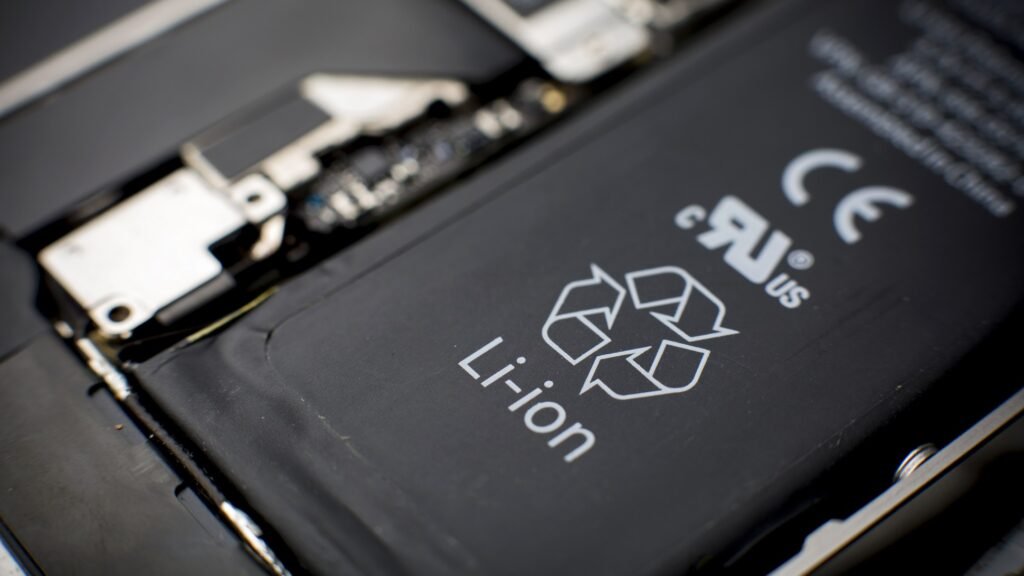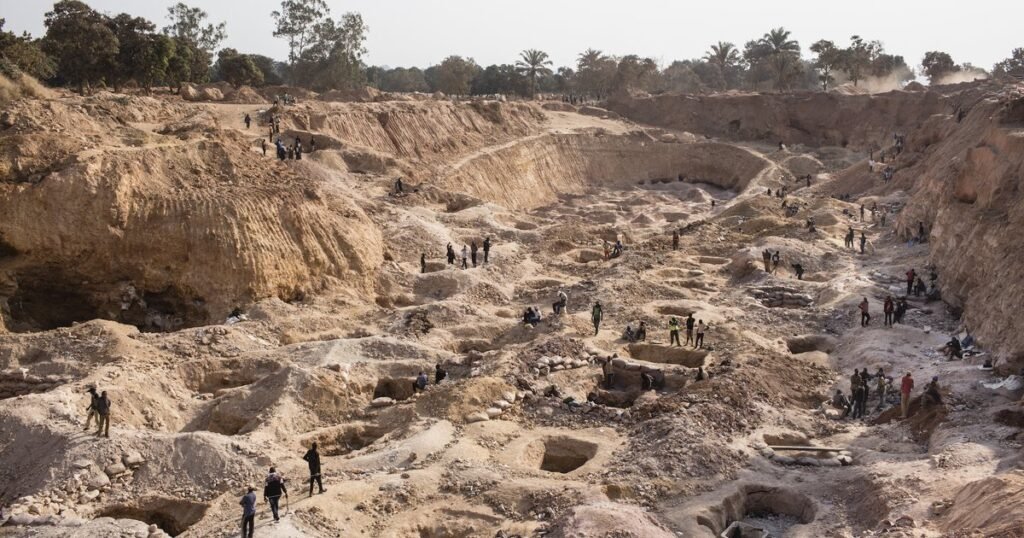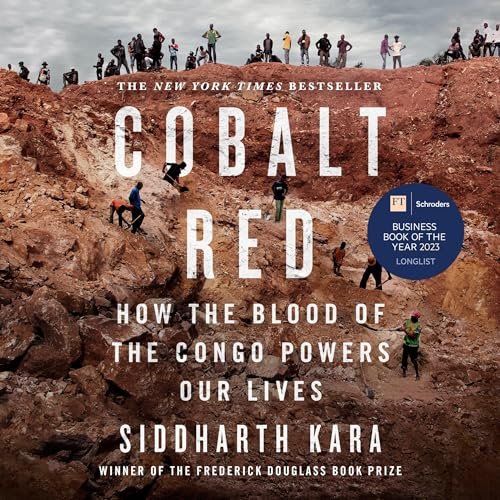Siddharth Kara’s “Cobalt Red” provides a fascinating and terrifying view into the world of cobalt mining in the Democratic Republic of the Congo.
Kara reveals the catastrophic human and environmental implications of cobalt mining, a sector critical to the operation of contemporary technology, via intensive research and personal observations.
Kara’s book is a ground-breaking exposé on the devastating impact of cobalt mining on the Congo’s people and environment. The book digs deeply into cobalt territory, recording the tales of Congolese people who live, work, and, in many cases, die in cobalt mines. Kara visits militia-controlled mining sites and tracks the supply chain of child-mined cobalt from the poisonous pits to consumer-facing tech titans like Apple, Tesla, Samsung, and Daimler. His work reveals the horrific truth of people suffering and even dying as a result of mining operations. The author’s examination into these territories, which are sometimes controlled by militias, sheds light on a frequently neglected part of the cobalt supply chain and its consequences.

Every lithium-ion rechargeable battery that powers smartphones, tablets, laptops, and electric vehicles contains cobalt. Approximately 75% of the world’s cobalt supply is mined in the Congo, frequently by peasants and children in deplorable conditions. Kara underlines that the world’s dependency on these gadgets implicates billions in the Congo’s human rights and environmental disaster. This brutal reality acts as a wake-up call to readers, emphasizing the interdependence between global consumerism and local misery.
The book has won praise for its sympathetic portraits, tenacious research, and clear historical lessons on Congo exploitation. According to Publishers Weekly, the book is a “tour-de-force exposé” that reveals the pain underlying the digital revolution. According to Kirkus Reviews, it is a “penetrating exposé” and a “horrifying yet necessary picture of exploitation and poverty in the Congo.” Booklist calls it “muckraking journalism at its finest,” praising the enormous investigation that went into revealing slavery, child labor, forced labor, and other ongoing evils in the cobalt mining business.

The book has also received appreciation from renowned authors Adam Hochschild and Jon Krakauer. Hochschild observes the stark contrast between luxury and poverty produced by Kara’s sensitive reporting, particularly the misery of Congolese youngsters working in the risky and low-paying mining industry. Krakauer described “Cobalt Red” as a captivating and eye-opening book that should be required reading for everybody who uses rechargeable batteries in their gadgets.
“Cobalt Red” is more than just a story of exploitation and misery; it’s also a powerful call to action. It encourages readers to recognize and comprehend their role in the global cobalt supply chain, as well as to evaluate the moral implications of their everyday technology use. Kara’s study is an important contribution to the worldwide debate on human rights and environmental problems, offering a complete understanding of the challenges and complexity inherent in the Congolese cobalt mining sector.
Sources: Kirkus Reviews. BookBrowse









